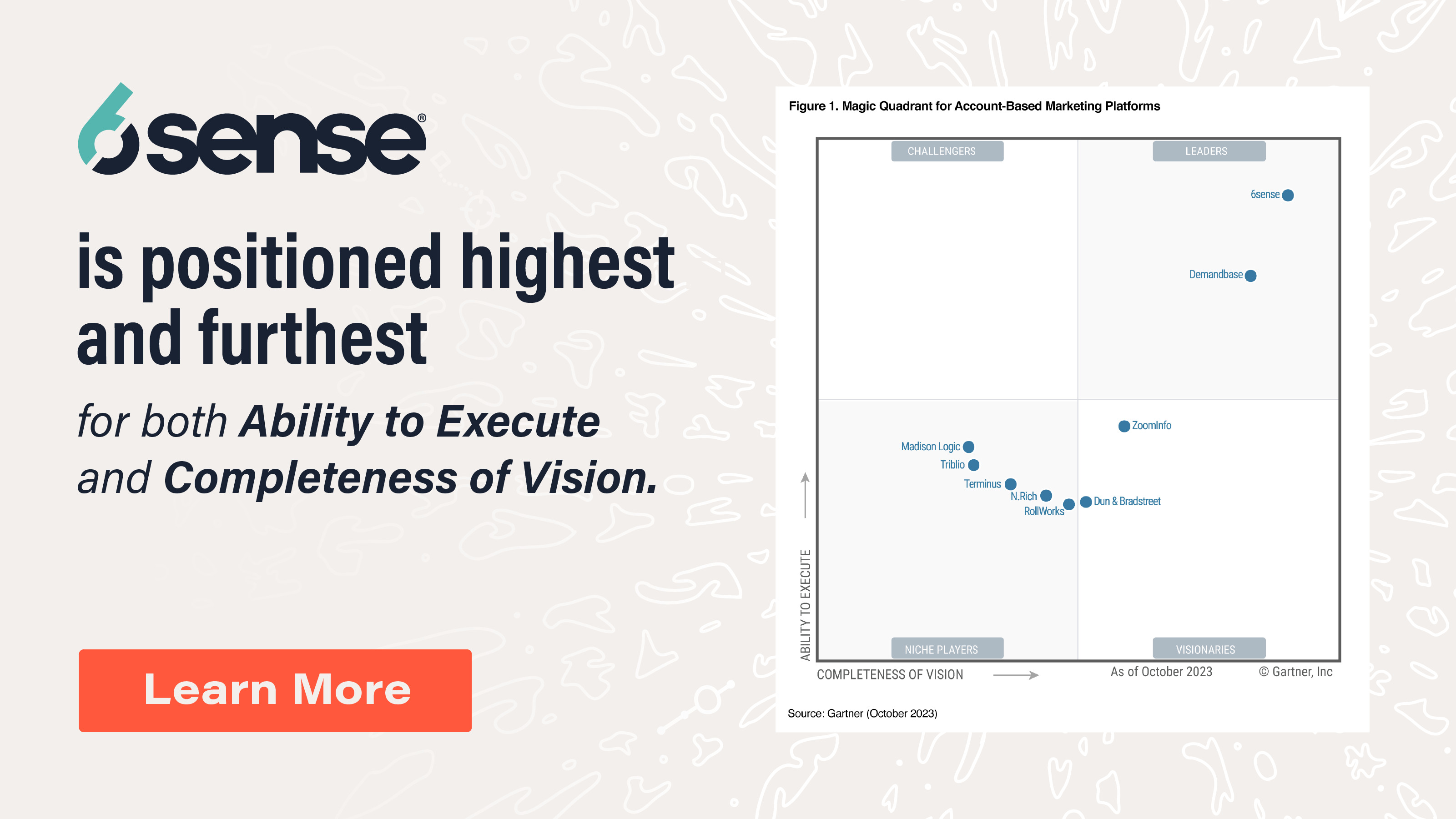Power analysis is a method used to determine the minimum sample size needed for a study to return a reliable result. It helps researchers plan their studies by ensuring they collect enough data to make meaningful conclusions.
Imagine you’re running an A/B test to compare two versions of a landing page for your website—one with a new design (Version A) and another with the current design (Version B). You want to know if the new design leads to more sign-ups for your newsletter.
Researchers typically aim for a minimum acceptable power level when designing studies, often around 0.80 or 0.90. This means they want at least an 80% or 90% chance of detecting true effects if they exist.
In summary, power levels reflect the likelihood of correctly detecting real effects in statistical analyses. Adequate power is essential for ensuring the validity and reliability of research findings.









